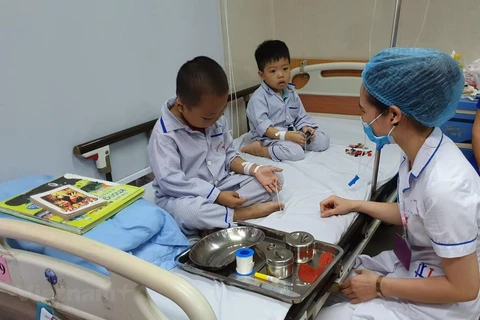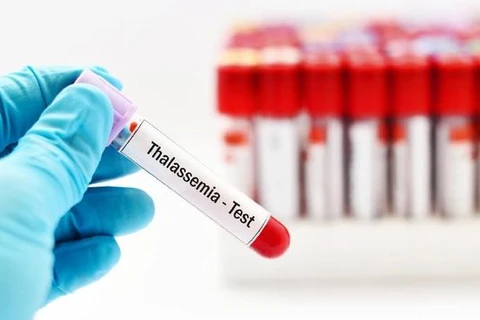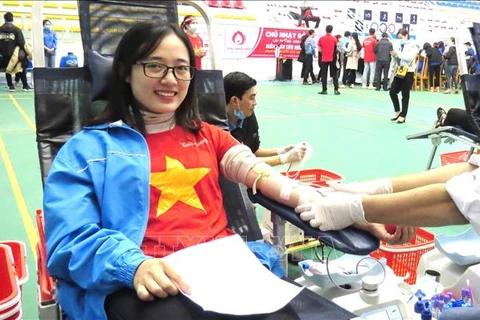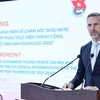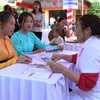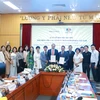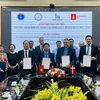Hanoi (VNA) - Vietnam is marking International Thalassemia Day on May 8 with a message calling on people to conduct pre-marriage counselling and health check-ups for their own happiness and the country’s prosperity, the General Office for Population and Family Planning said on April 12.
This year’s International Thalassemia Day, themed “Addressing Health Inequalities Across the Global Thalassemia Community”, is devoted to raising public awareness about Thalassemia and one of the major causes in the spread of the disease - cousin marriages, as well as the importance of pre-marriage and pre-pregnancy counselling and screenings to early detect the disease.
Data shows that there are about 8,000 new-borns carrying the Thalassemia gene every year, around 2,000 of which will suffer from severe symptoms.
Some 13 million Vietnamese, or 13 percent of the population, carry the gene. About 20-40 percent of the Thalassemia gene carriers are mountainous ethnic minority people, mainly due to inbreeding.
According to the General Office for Population and Family Planning, despite many efforts, treatment can only help improve patients’ quality of life and does not completely cure the disease.
A report shows that since 2001, up to 20 percent of children born with Thalassemia died at the age of 6-7 and most people with severe symptoms cannot find a spouse.
Thalassemia is an inherited blood disorder caused when the body doesn’t make enough haemoglobin - an important part of red blood cells. The disorder results in excessive destruction of red blood cells, which leads to anaemia.
People with severe symptoms may suffer from bone problems and liver and heart failure, and the condition can be fatal.
A child can inherit Thalassemia if one or both of his or her parents carry the mutant gene. The risk is higher if both parents have it.
Most married Vietnamese couples do not have any tests or consultancy on inherited disorders. People who carry such genes show no abnormal signs so do not undergo examinations or screening before giving birth.
Huge investment in medicine and regular blood transfusions make Thalassemia a costly disease, placing a financial burden on families and society as a whole.
It is estimated that 2 trillion VND (85.1 million USD) and 500,000 blood units are needed each year to treat Thalassemia patients in Vietnam. The average treatment cost for a severe case from birth to the age of 30 is about 3 billion VND (130,000 USD)./.
VNA


